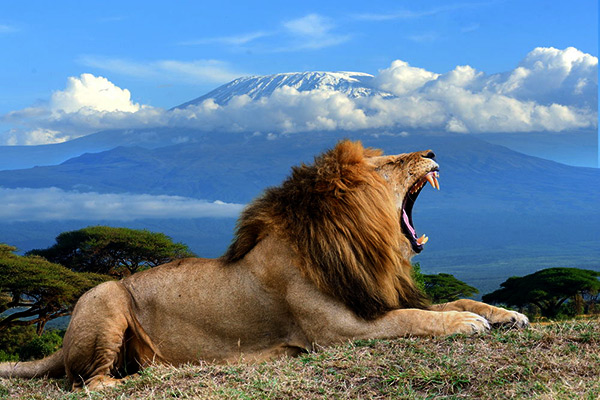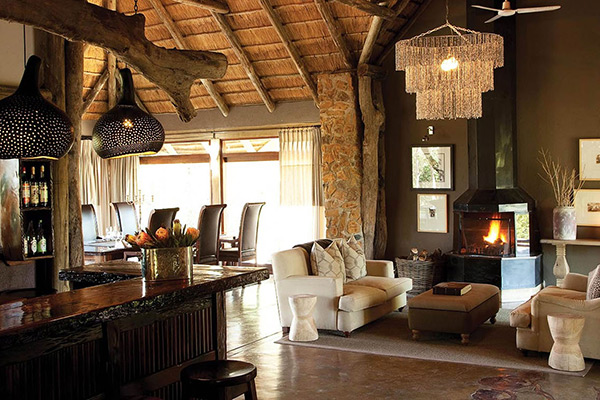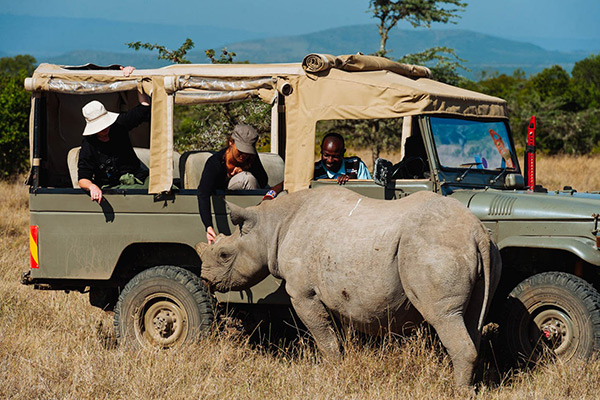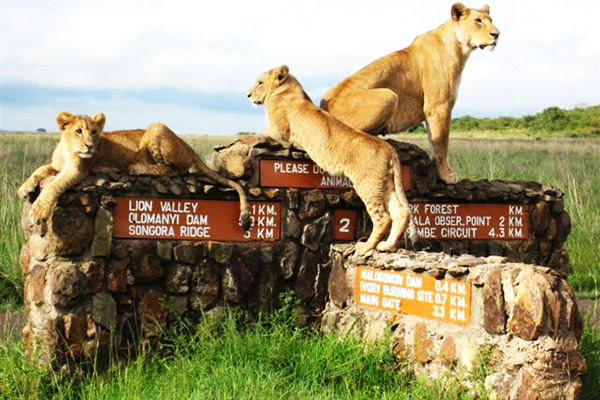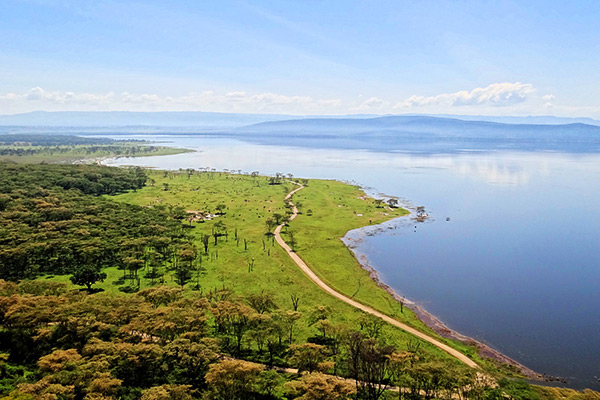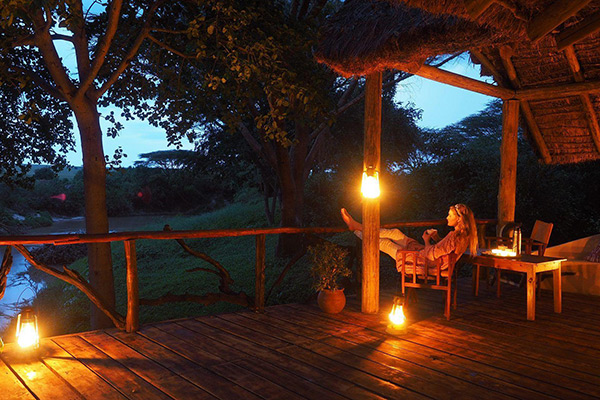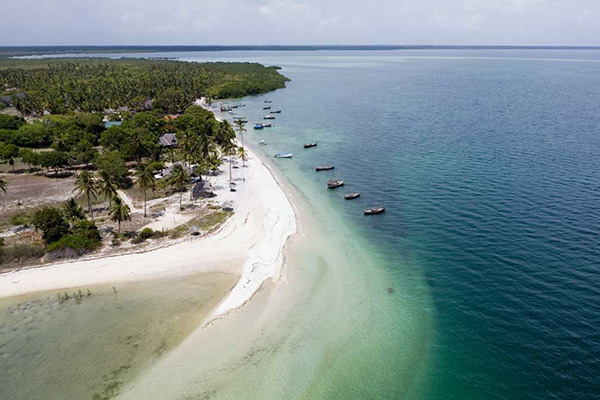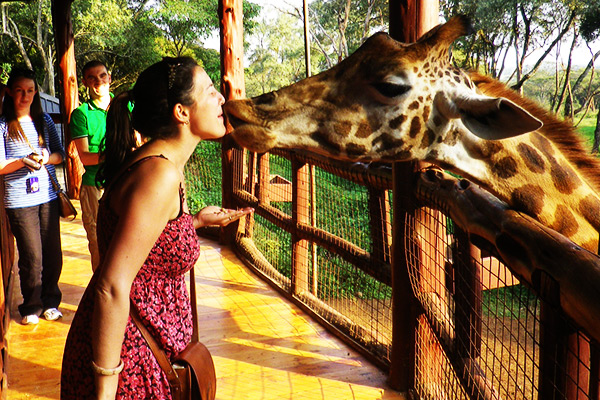Maasai Mara
Area: 1672 sq. kmsDistance from Nairobi: Approximately 280 km
Altitude: 1500 – 2180 m
Temperature Range: 12 – 30C
Best time of Visit: Peak season between July and October during the migration. Game view is excellent year round. Maasai Mara Reserve is situated within the Great Rift Valley in the Southern part of the Kenya. The reserveis primarily open grasslanddotted with acacia trees, with Talek, Mara and Sand rivers as major rivers draining the reserve. The reserve has the highest concentration of wildlife especially the western part of the reserve, which includes the Big Five and a variety of plains game and rich birdlife. The great migration of wildebeestis a spectacular annual movement where millions of animals move to Maasai Mara from Serengeti arrivingin Julyand depart inOctober. It consists of Thomson’s gazelle, zebra, wildebeest that cross the crocodile infested Mara River in search of lush grass while being tracked by predators. Visitors to the reserve in the months of July – August are treated to dramatic views of the migrating animals.
Accommodations vary greatly and include all levels of convenience from tented camps to luxury lodges.
Amboseli National Park
Area:392 Sq. KmsDistance from Nairobi: Approximately 260 km
Altitude: 1150m
Amboseli National Park is one of Kenya’smost popular parks. It is home to the African elephant found in vast herds. Best place to get close to free ranging elephants and other wildlife. The bull elephants in this park have some of the largest tusks in Kenya. The park is also a birdwatchers paradise with over 420 species recorded. Mount Kilimanjaro the highest in Africa offers good backdrop for wildlife photography. The park has five different habitats ranging from wetlands with sulphur springs, dried up bed of Lake Amboseli, savannah and woodlands. The Maasai community lives around the park and often seen grazing their livestock.
Accommodation varies from budget to luxury camps and lodges within and near the park.
Tsavo National Park
Area:Approximately 22,000sq. kmDistance from Nairobi:240 km
Altitude:150 – 1800 m
Tsavo National Park is made up of two separate parks, Tsavo West and TsavoEast. The park is the largest in Kenya and one of the largest in the world. Each of the parks contains a variety of habitats, wildlife, birds and soils.
Tsavo East the larger of the two is one of the oldest parks is also known as the theatre of the wild. The park is popular for short safaris from the Kenyan coast...Tsavo East is generally flat with dry plains across which the Galana River flows. Popular attractions are Mudanda Rock, Yatta Plateau – the longest lava flow in the world and the Luggard Falls.
The Park is home to the Big Five Its abundant dust red elephant herds can be seen roaming the endless plains. The Park is also famous for its mane less lions. Other wildlife includes gerenuk, crocodiles, African wild cats, cheetah among others and over five hundred bird species.
Tsavo west has many attractions from the spectacular Mzima Springs a sight of fifty million gallons of crystal clear water gushing out from under parched lava rock and forms several natural pools. Fringed with palm trees, these pools are popular watering holes for birds and wildlife. Bird watching is a major activity around Lake Jipe including boat excursions. Shetani Lava was formed after eruption in nearby Chyulu hills where molten lava caused resulting in barren rocky fields and caves. The park is also famous for the man eating lions that attacked and killed as many as 135 workers during the construction of the Uganda railway. Wildlife is abundant with red skinned elephants as well as the Big Five and other wildlife and bird species. Ngulia rhino sanctuary is home to the endangered black rhino.
Accommodation varies from budget campsites to private owned camps and lodges.
Samburu,Shaba and Buffalo Springs
Area (combined): Approximately536 sq. kmDistance from Nairobi: 355 km
Altitude: 800 -2145 m
The three reservesare situated in the semi- desert Northern frontier region of Kenya. The reserves’ topography is mainly grassland with clusters of acacia trees and riverine forest The Ewaso Nyiro River flows through the parks and provide ideal habitat for northern specialist species and rare five( Reticulated Giraffe, Somali Ostrich, Grevy zebra, Beisa Oryx and long necked Gerenuk). Other species found in the reserves include Nile crocodiles, leopards, lions, cheetahs and others. Wild dogs are also seen in the reserves. Birdlife is abundant with over 450 species recorded. The critically endangered Pancake Tortoise is also found in these reserves.
Accommodation varies from campsites, camps and lodges
Rift Valley Lakes
Lake Nakuru
The park is best known for its thousands of lesser and greater flamingos nesting along the shores.It is a small shallow alkaline lake. The habitat is mainly woodland and grassland. The landscape includes rocky cliffs andyellow backed acacia trees. The park has a sanctuary for the black rhinos, though you will find the southern white and Rothschild giraffe roaming in the park. Other wildlife species like leopards, impala, and waterbucks can be sighted. Birdlife is in abundance with over 400 species recorded.The park is close to Nairobi and makes it a popular weekend getaway.


